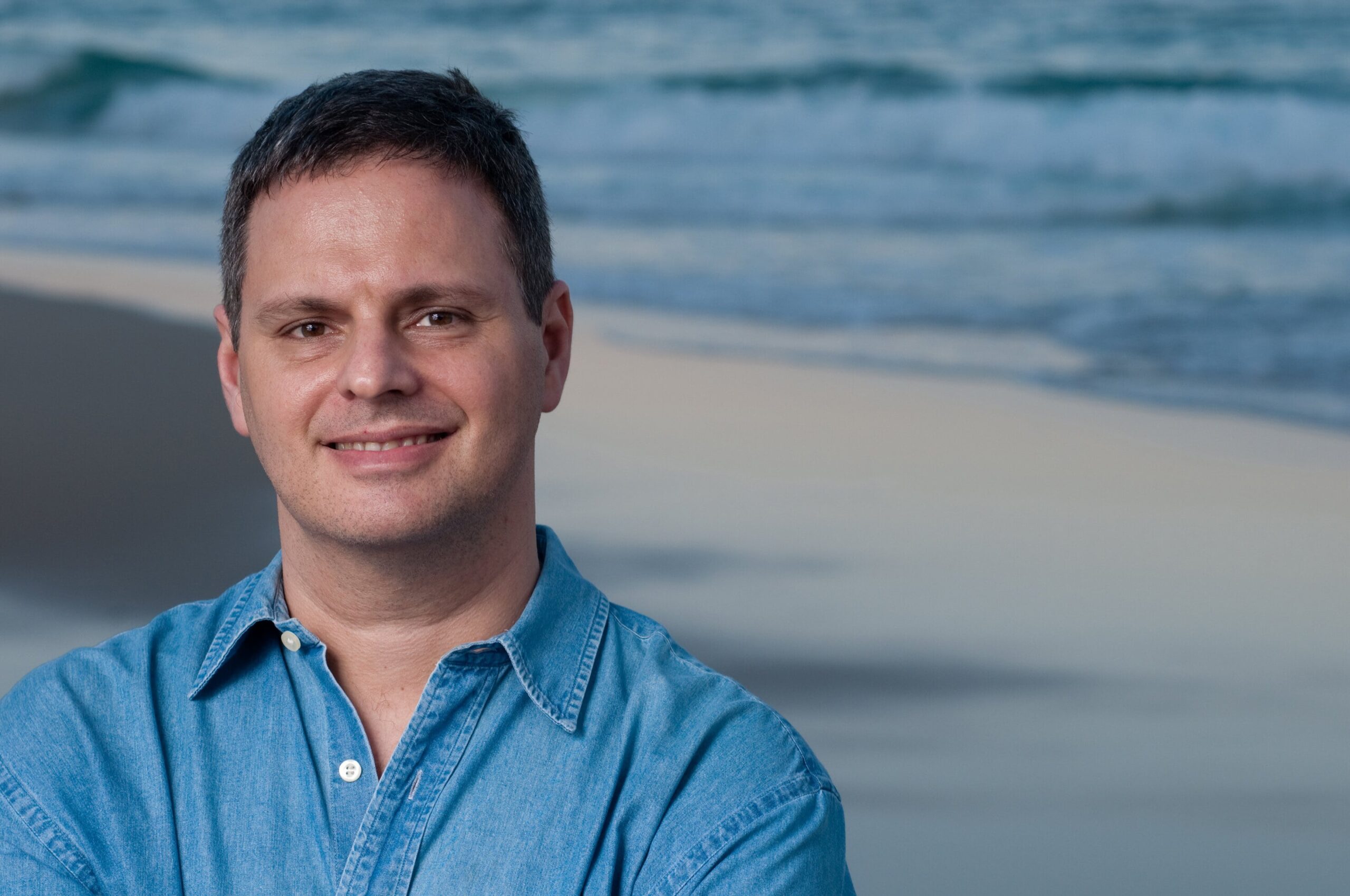In 1936, Max Kutner is a Polish Jew who works as a shoe repair man in Rio de Janeiro. Fluent in Yiddish, Max is called upon by the Political Police to act as a postal censor, translating the correspondence of other Jews into Portuguese, as the dictatorial Brazilian government suspects a communist conspiracy with “Semitic influence”. If he refuses the task, he might be expelled from the country back to a European continent where Nazi rule cannot be stopped; if he accepts and is discovered by his community, lonely Max will be forever ostracized. Disturbed by terrible dilemmas, he falls in love with a woman he has never met, Hannah, who exchanges letters with her far away sister in Buenos Aires, Fanny. Decided to find Hannah and propose marriage, Max Kutner discovers a real personality which is very far from the one he fell in love with through her letters.
